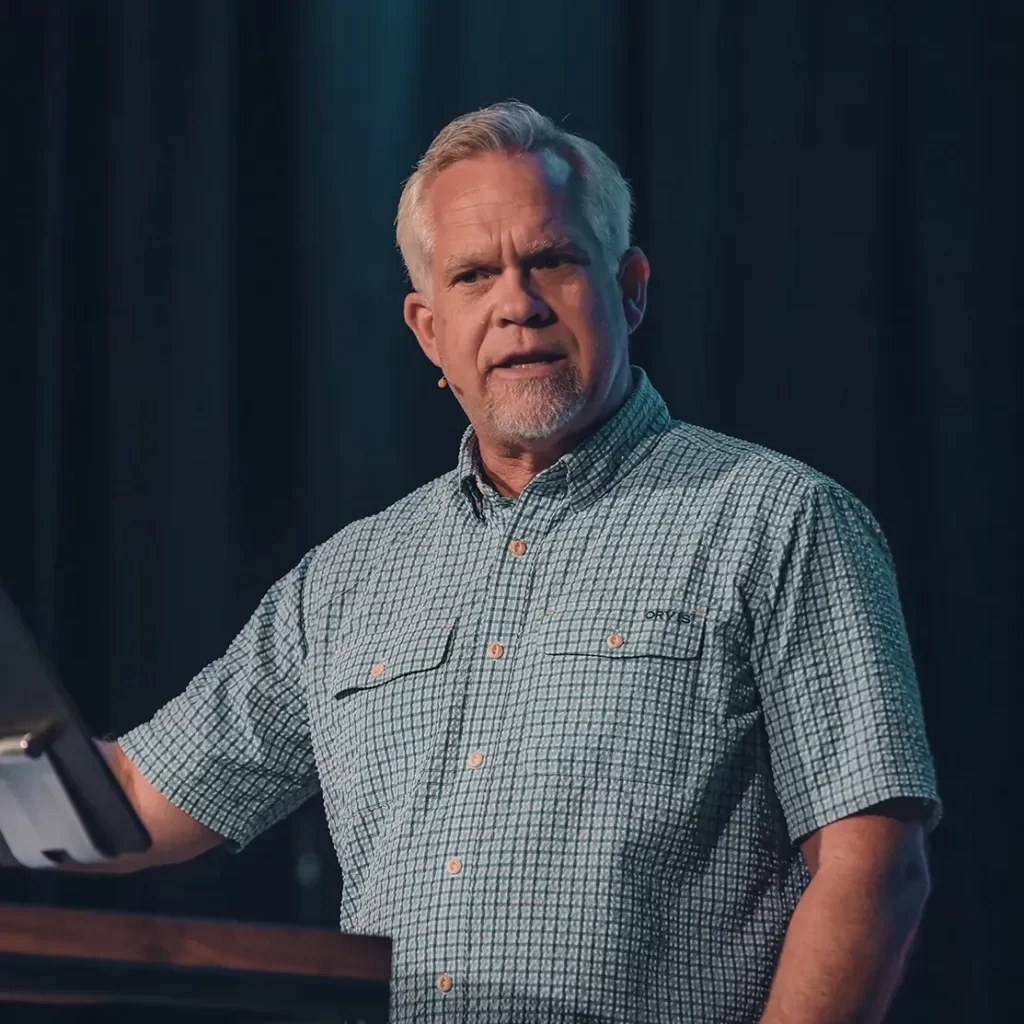The Herodian Dynasty was, for the most part, historically evil.
Client-kings for Rome who crossed over the end of BC and the beginning of AD in their rule of Judea, the Herods were infamous for their cruelty to the people they conquered and their own subjects.
Their history of cruelty ran in the family, as they were directly descended from Alexander Jannaeus, who had ruled Judea before the Romans came along. Around 84 BC, Alexander Jannaeus had 800 ‘rebels’ crucified in one day. Their wives and children were killed in front of them as they died. These men, who were from the ‘conservative’ party (the Pharisees), had formerly fought with him but he turned against them as soon as his victory was assured. The event served as entertainment for the king and his courtiers.
Just like God withheld judgment of Sodom and Gomorrah for years, allowing their residents time to turn back to Him, so He did with the dysfunctional political Herodian family. God is merciful, and patient (longsuffering). 2 Peter 3:8-9 says,
But, beloved, do not forget this one thing: that with the Lord one day is as a thousand years, and a thousand years as one day. The Lord is not slack concerning His promise, as some count slackness, but is longsuffering toward us, not willing that any should perish but that all should come to repentance.
Herod Antipas was the son of Herod the Great, the one who’d had Bethlehem’s babies killed trying to get to the infant Jesus. If that had been Herod the Great’s one big chance to be saved, he blew it. However, someone must have been praying for his son, Herod Antipas, because he had several chances.
After his father’s death, Herod Antipas ruled a fourth of the territory. He was married to a Nabatean princess but fell in love with his niece, Herodias, during a visit to his half-brother’s palace in Rome. Herodias wasn’t that particular half-brother’s daughter; she was his wife. She was the daughter of one of their other brothers, one whom dear old dad, Herod the Great, had executed, thinking he was plotting a takeover.
Antipas asked Herodias to marry him, but wanting an exclusive, she insisted he divorce his wife first. Their plan was to marry after she had divorced her first husband/uncle. Herod’s wife, Phasaelis (the Nabatean princess), found out about the plan before he could tell her and ran home to tell her father.
Phasaelis’ father was not at all happy that Herod Antipas had spurned his daughter. King Aretus began to look for an opportunity to attack militarily. King Herod’s Jewish subjects did not like the situation either. Divorce and incest were both condemned in Leviticus.
Despite what anyone thought or said, Antipas and Herodias married and moved to the beautiful mountaintop palace of Machaerus, a fortress that overlooked the Dead Sea and the Jordan River. Although beautiful, Machaerus’ sunset silhouette earned it the nickname, ‘The Black Fortress.’ The fortress’ situation, with steep slopes that would make an enemy attack very difficult, was considered impregnable. Hence, Machaerus’ threatening nickname became a double entendre.
Over at the Jordan River, the forerunner of Jesus Christ had just begun his preaching ministry. This prophesied ‘Elijah who was to come first’ (Matthew 17) preached repentance for all of Israel. He baptized those who wanted the public to know their hearts were prepared for the Messiah’s arrival.
John the Baptist’s message of repentance was for everyone: Publican and Pharisee, Harlot and Herod. Herod didn’t like John’s message and Herodias hated John for it; she wanted him killed. At her insistence, Herod had John arrested, chained, and thrown into a pit-like prison cell in Machaerus’ dungeon.
But, curious about the man and “knowing that he was a just and holy man,” Herod visited John in prison. He protected John from Herodias’ wrath: “And when he heard him, he did many things, and heard him gladly” (Mark 6:20).
Unfortunately, repenting was NOT one of the many things Herod did. He ultimately caved to Herodias’ hatred and his own lust. After his stepdaughter’s/grand-niece’s erotic dance, Herod offered to give the girl whatever she wanted—and her mother Herodias told her to demand John the Baptist’s head.
We’d think that with John the Baptist out of the picture, Herod’s chance to be saved was, too. Not so! God was ‘longsuffering’ with him. He gave him another chance, an opportunity to meet with the Savior personally.
When the Savior was going through His series of bogus trials prior to giving Himself as the sacrificial Lamb, the One Whom John the Baptist had said would, “Take away the sins of the world” (John 1:29), Pilate found out that Herod Antipas was in town. As a Galilean, Jesus was in Herod’s jurisdiction, so Pilate sent Jesus over to be tried by him.
Herod had heard about Jesus’ miracles and wanted to see one. He quickly found out that Jesus was not going to perform for him on demand. In fact, Jesus would not even speak to him; He didn’t answer Herod’s questions even though Herod (thought he) had the power to free Him. As the sacrificial lamb, Jesus was fulfilling the prophecy in Isaiah 53:7,
He was oppressed and He was afflicted, yet He opened not His mouth; He was led as a lamb to the slaughter, and as a sheep before its shearers is silent, So He opened not His mouth.
Thinking Jesus was no threat, the tetrarch sent Him back to Pilate. Jesus then gave His Life to take away the sins of the world, just as John the Baptist had likely told Herod during his visits to Machaerus’ dungeon. With this official rejection of the Savior, Herod Antipas had just blown his last chance at an eternity in Heaven. He now faced God’s judgment.
In addition to eternal judgment, there was earthly judgment still to come for Herod Antipas. His first wife’s father, King Aretas, came after him, his nephew/brother-in-law tried to wrest the kingdom from him, and he fell into disfavor with Caesar. He and Herodias were humiliated and died in exile.
Machaerus the Impregnable, the Black Fortress where John the Baptist was beheaded, was leveled—and forgotten for 2000 years. Edersheim (1825-1889), a Jewish convert to Christianity, said of the pile of rubble that was once Machaerus:
. . . descending a steep slope about 150 yards towards the west, we reach the oblong flat plateau that formed the fortress, containing Herod’s magnificent palace. Here, carefully collected, are piled up the stones of which the citadel was built. These immense heaps look like a terrible monument of judgment.
Judgment is something we all want to avoid. God, in His merciful patience, gave Herod Antipas many opportunities to be saved and avoid His judgment. Herod preferred to stay in his sin and wound up dying in it. As he had no children, Herod’s terrible legacy died with him.
Let’s continue to pray for today’s leaders. And let’s pray for their successors—maybe they’ll come from among the young staffers who attend the Bible studies that ASI holds in our ministry center in Washington DC!




